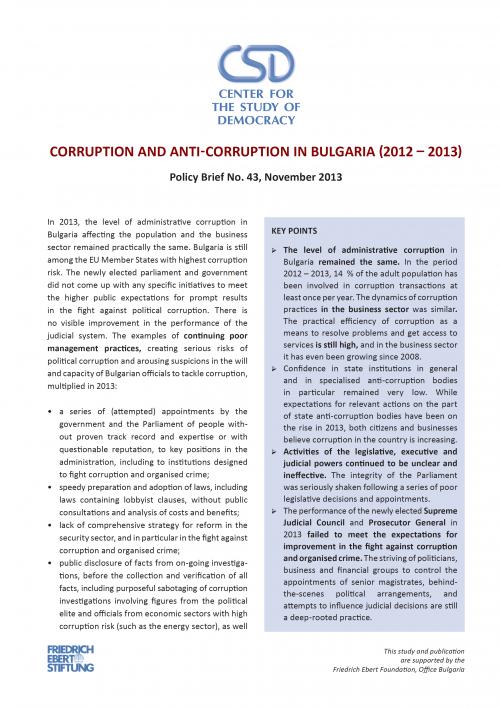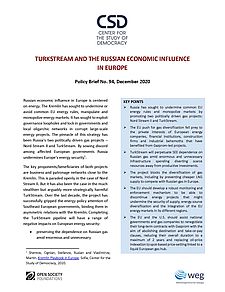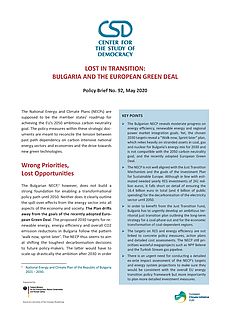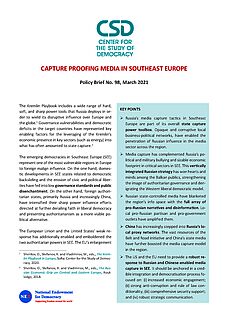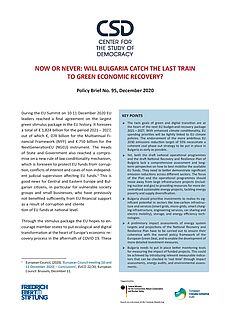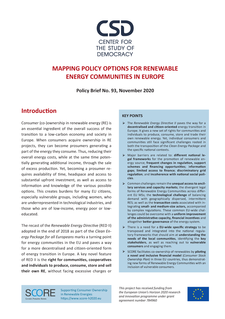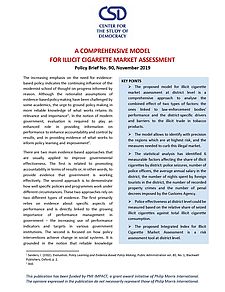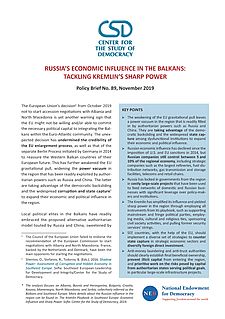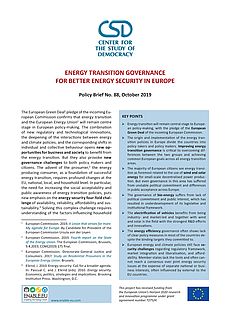
CSD Policy Brief No. 23: Energy Efficiency in Bulgaria: the Case for Market‐Based Approach and Transparency
CSD Policy Brief No. 23: Energy Efficiency in Bulgaria: the Case for Market‐Based Approach and Transparency
Overall, the Bulgarian economy seems to have completed the transition from heavy industry to less energy intensive light industry1 and thus already picked the low hanging fruit of natural gains in efficiency. The country is probably at a point, as some experts2 argue, from which onwards any additional gain in efficiency will have to be attained through advances in technologies of energy production, conversion, transportation, and use which will call for cost‐effective approach and a strong incentive system. At the user end this means fleet replacement by installing more efficient appliances, buying less thirsty vehicles, improving insulation of buildings, lighting improvements, and deploying more efficient production technologies and procedures. In conversion, thermal power plants, boilers, and a plethora of other hardware devices will have to be replaced or updated, along with production methods and procedures. In energy transportation, smart grids, more efficient district heating nets and other solutions will have to be implemented. To execute the tasks, extensive investment in energy efficiency will have to be made over the next decade.
More...










